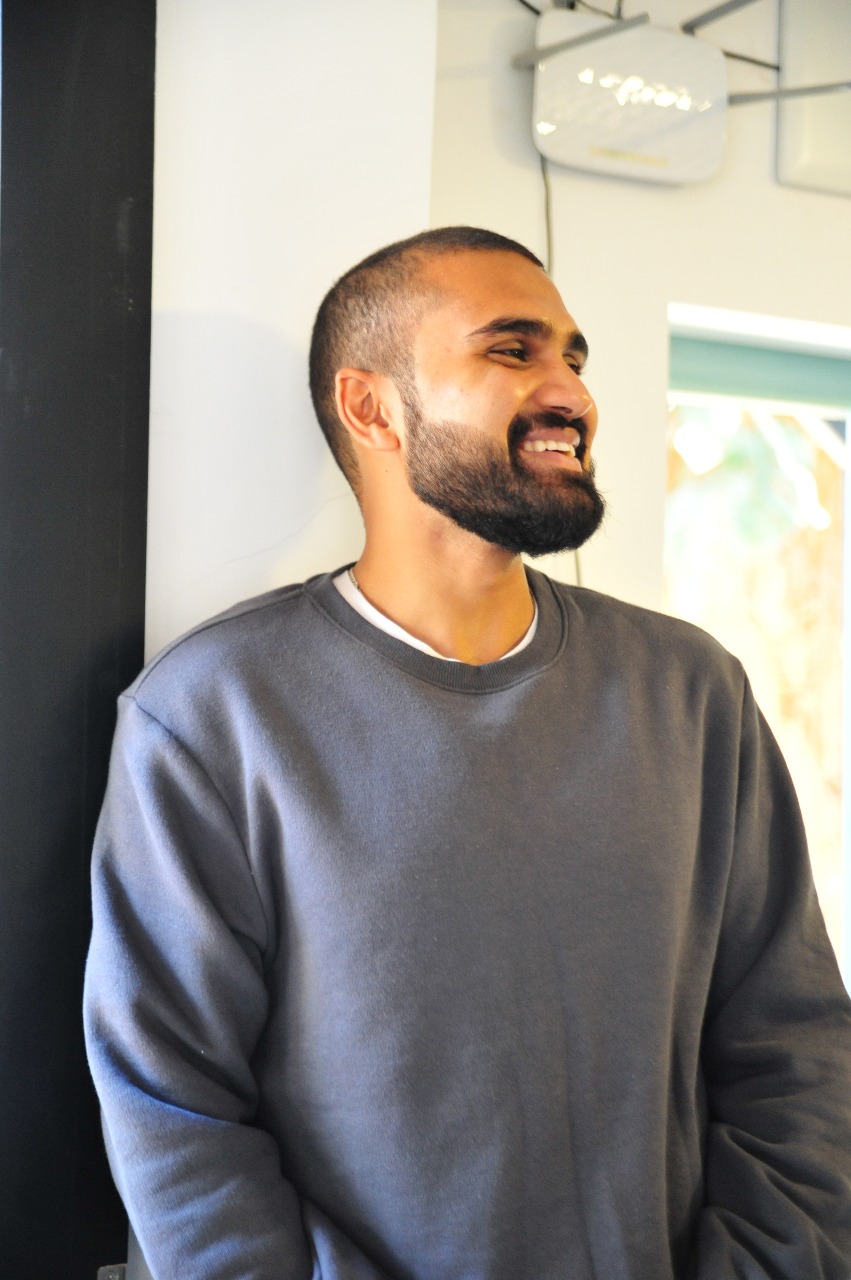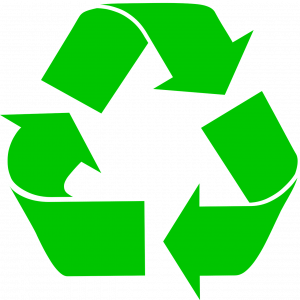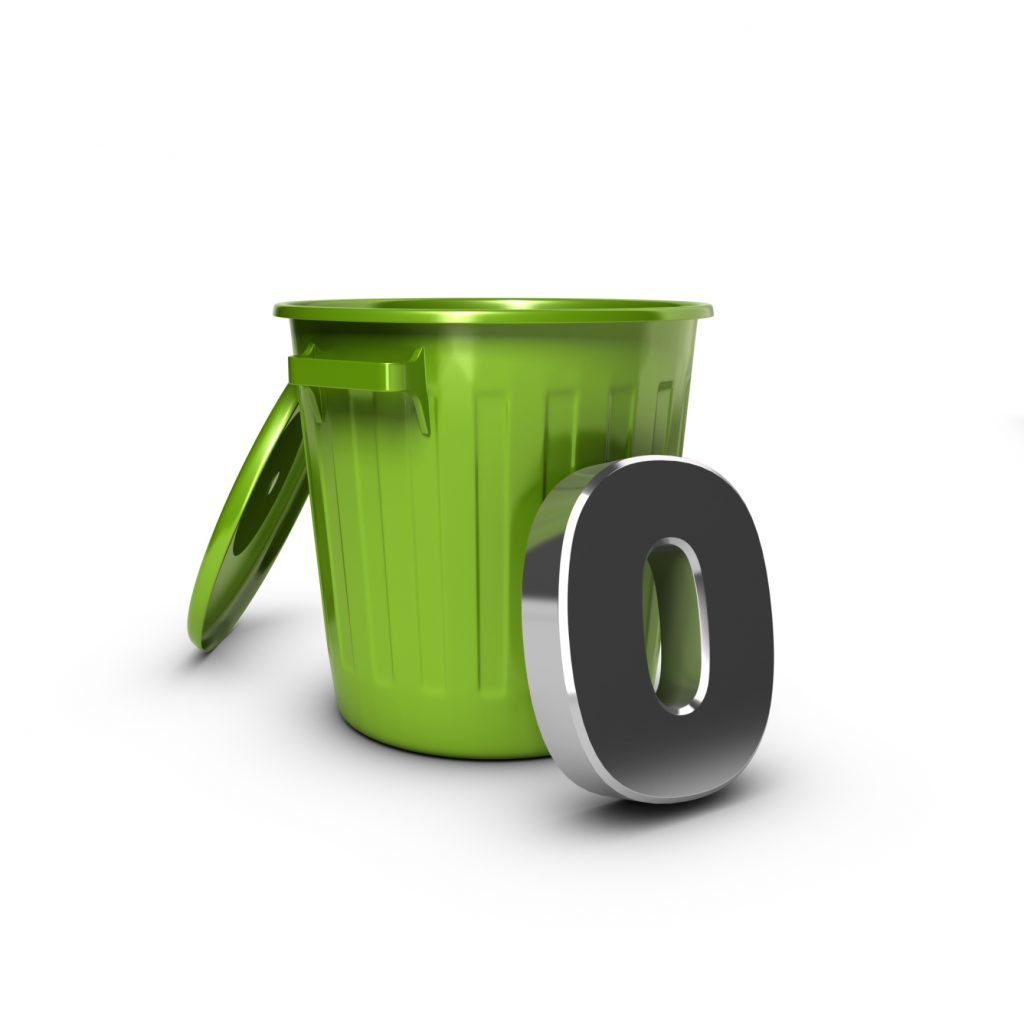zERO WASTE x CLIMATE CHANGE
a SYSTEMIC CHANGE

BY MEHUL MANJESHWAR
As consumers, we tend to overlook all that goes into bringing a product onto the shop shelf you pick it up from. We visit the shop, we look at the price points, find an amazing deal and purchase the product. But we hardly slow down to think about the process that has to be undertaken for that product to become the finished product you see.
And this is where we discuss the lifecycle assessment of a product. When we as consumers understand the behind-the-scenes of a product, we suddenly become aware of all the systemic problems that exist, environmentally, socially and economically. When we look at a across the world, later packaged in more plastic, and finally we purchase it. It doesn’t end here it gets mixed with organic waste and takes 700 years to decompose. Think about that acalled microplastics which are honestly blind to our naked eye. Mixing streams of waste warming.
Now, if we were to think of slow living and zero waste living as a solution, and finding sustainable alternatives in our own personal lives, all of a sudden as consumers we are supporting local, we are supporting a circular economy (an economy in which waste is being designed out of the system) while decreasing our carbon footprint and waste footprint. We often hear, “say no to that plastic toothbrush or bag,” and we think it’s only diverting plastic waste from landfills. But honestly there’s a huge trickle-down effect when we say no to single-use plastics that have no way to be recycled.
At one point in the past, corporations created products and tailored their messaging to consumers to make us feel we need it! And by this, we were manipulated to demand such products and further manipulated to get accustomed to convenience and price points being a major factor in our purchase decision. Similarly, by saying no to plastic or consuming food exactly the amount you’d like to, as a consumer, you are sending a message back. Without consumers, an economy is inexistent. The more the consumers question the system by living a more mindful life, we start tackling carbon footprint, and waste footprint. Various stakeholders in the system start thinking about why the demand is dwindling and start thinking of innovative methods to stay relevant and profitable, and how does one do that? By listening to consumers.

This pressure on consumers is leading to climate change, sustainability and zero waste lifestyles being extremely daunting and the question arises, “will my personal actions even have an impact?”
In today’s world, to drive profit, people and planet have been sacrificed.

Before I highlight my thoughts on whether this is possible in rural areas, I’m sure the last question in the previous paragraph got you nodding your head in agreement! And yes, such questions along with the above highlighted pressures leads to anxiety and depression, eco-anxiety to be specific. This is because once you’re aware of the complications and consequences of your actions, it is extremely difficult to go about life as is and you are motivated to bring about change, change that we need to understand will take time! Think about the transition we made to the industrial revolution. We were living harmoniously with nature at one point in time, but with population growth and chase for a better life, we started implementing systems and innovations to make processes easier. While this is great, taking it to extremes is the real problem, and we took the industrial revolution to an extreme, that is the world as you see it today. We need to strike the balance between technology, urban sprawl, population growth, and environment. With that said, when you realize that bringing about large-scale change will take a long time, it’ll automatically become less daunting. Secondly, start researching on your own and you’ll realize there immense change happening already, from social enterprises to NGOs to entrepreneurs – change is happening but it is not reported on your daily news channel because it dwindles their profits. Be mindful of what you’re exposing yourself to through headlines, as this can have a negative effect on your mental health. Be in control of the information you choose to expose yourself to and absorb.
ABOUT THE AUTHOR
mehul Manjeshwar
If you wish to get in touch with the author of the article, you can email her at
Mehul Manjeshwar, born and raised in Qatar and Canada, currently leads the marketing and sustainability communications at Bare Necessities. He shares the story of the brand through meaningful partnerships, words, and actions. Being a firm believer in the impact of communication, raising awareness, and education being the foundation of change, he has always been passionate about sustainability. Mehul completed his MBA in the field to learn about the life cycle of products and how every process has an impact on the environment. He spent years studying and volunteering his time for environmental causes in Canada, Costa Rica, and Indonesia to raise awareness of the problems that our world faces today. Mehul is a Climate Reality Leader having had the opportunity to be trained during the Climate Reality Leadership Corps with former Vice President Al Gore among other knowledgeable experts in the sustainability field. He continually inspires communities to create a better lifestyle and live sustainably. With the conviction that the world is capable of finding a balance between technology and non-conformism, Mehul believes that sustainability is not about giving up either side completely but about finding the best of both worlds.
